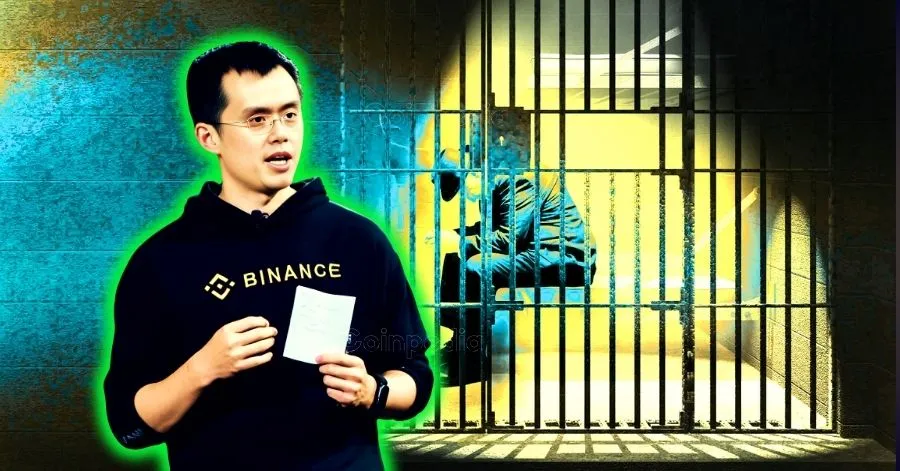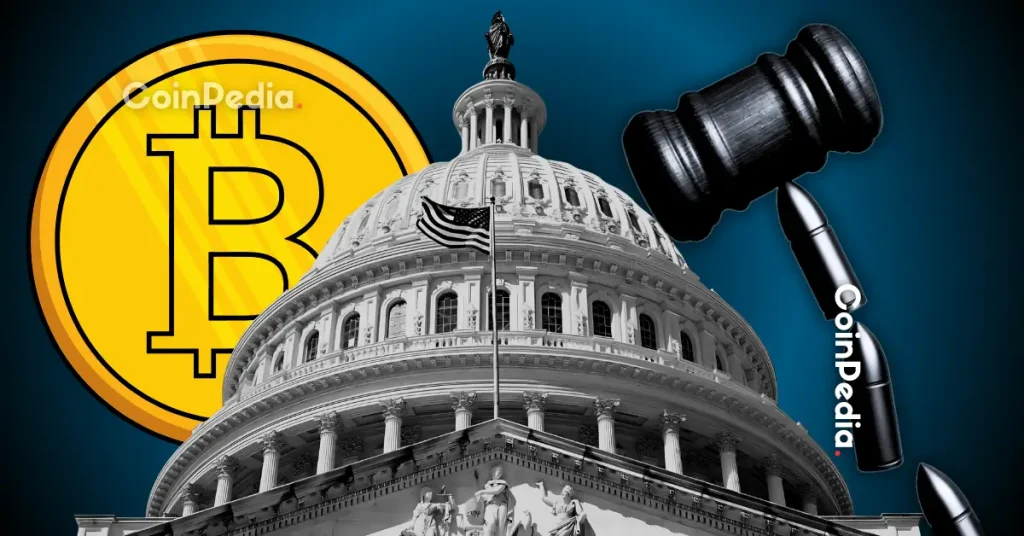
The post Ripple’s XRP Holding Was Never a Problem Reveals John Deaton appeared first on Coinpedia Fintech News
Amidst the ongoing legal dispute between Ripple and the U.S. Securities and Exchange Commission (SEC), a renowned cryptocurrency lawyer, John Deaton, has shed new light on Ripple’s XRP holdings.
During a recent Crypto Town Hall Spaces event featuring Scott Melker, Ran Neuner, Mario Nawfal, and Congressman Warren Davidson, Deaton took the opportunity to share his insights on Twitter. The event focused on the SEC’s questionable approach to regulating digital assets under the leadership of Chair Gary Gensler, as well as his predecessors, Jay Clayton and William Hinman.
Also Read: Congress Introduces New Act To Remove SEC Chair Gensler – Coinpedia Fintech News
The Safe Harbor Proposal
In 2018, a significant meeting took place between representatives from venture capital firm a16z and William Hinman. During the meeting, they presented Hinman with a detailed memo and a Safe Harbor Proposal. Notably, the proposal specifically mentioned Ethereum, implying that its principles could be applied to other tokens as well.
Deaton believes that this proposal may have played a crucial role in laying the foundation for a subsequent Safe Harbor Proposal introduced by SEC Commissioner Hester Peirce. Despite the potential advantages of this approach, both Hinman and Clayton expressed concerns, fearing that it could deviate from their preferred principle-based regulatory approach.
Ownership Debate
Hinman’s perspective suggests that owning more than 30-40% of a token would be considered a “substantial” amount. However, Deaton argues that if Ripple’s ownership percentage of XRP was the issue, the SEC could have imposed a limit and given Ripple a specified period to reduce their holdings. Importantly, Ripple has already been actively working on reducing its holdings to cover legal expenses.
Also Read: XRP Price Prediction: Analyst Predicts $10 in 3-4 Months – Here’s Why – Coinpedia Fintech News
Deaton concluded his remarks by echoing Congressman Warren Davidson’s concerns about missed opportunities during Clayton and Hinman’s tenure at the SEC. Their reluctance to embrace a safe harbor approach, despite support from commissioners like Peirce and Elad Roisman, may have hindered the progress of the digital asset market in the United States. Deaton suggests that these missed opportunities have contributed to America’s lagging position in the global cryptocurrency industry.

 2 years ago
131
2 years ago
131














 English (US) ·
English (US) ·